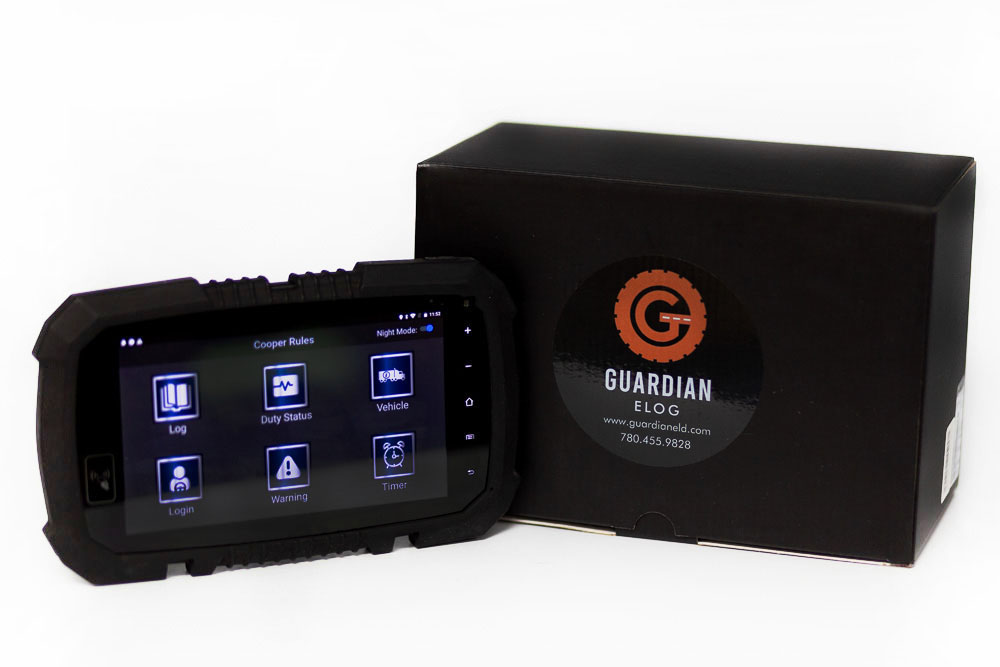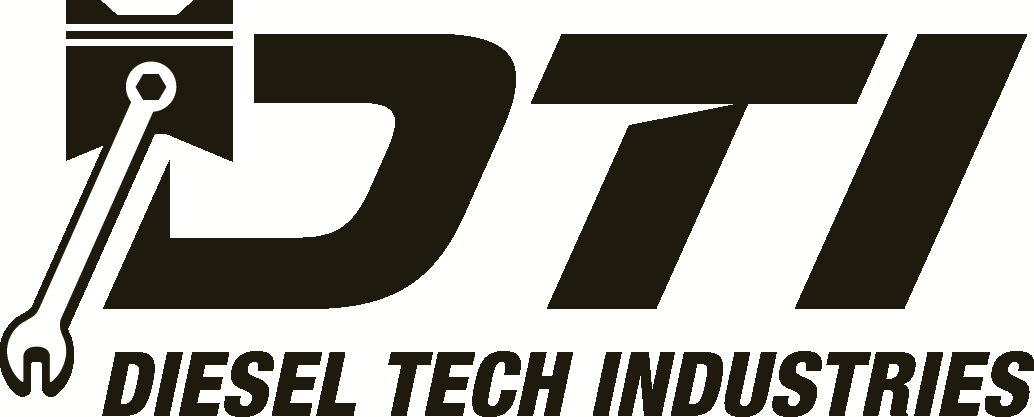Do I Fall Under The ELD Mandate
The Canadian ELD mandate takes effect on June 21st, 2021. With less than a year until electronic logging devices (ELDs) are set to replace paper logs in (almost) all commercial motor vehicles (CMV). It’s time for drivers and carriers to familiarize themselves with the differences between the Canadian and U.S. ELD mandates.
You will fall under the ELD mandate if:
- You drive a commercial motor vehicle that operates in multiple provinces, states, countries, or territories.
- If your truck + trailer weighs more than a gross total of 4,500 kilograms
This means that the vast majority of commercial trucking operations will fall under the ELD mandate.
Similarities Between The U.S. and Canadian ELD Mandates
Before we start getting into the details of how the U.S. and Canadian ELD mandates differ, let’s take a look at how they are similar to one another. The FMCSA and Transport Canada tried to ensure that the two mandates were as similar to one another as possible, to make the process easy and seamless for drivers who regularly cross the border.
Similarities:
- Vehicles manufactured before the year 2000 are exempt from the mandate.
- The ELD must synchronize with the vehicle’s engine
- ELDs must include a GPS Tracking component
- All driving time is automatically recorded (including unidentified driving)
- ELDs will allow driving status changes, including specialist statuses like Personal Conveyance and Yard Move
- The ELD must have the ability to verify logs and confirm edits
- The ELD must have some type of screen display for roadside inspections
- Must be able to transmit data either electronically or via physical printout to inspectors.


These similarities are primarily related to the development of the ELD and how they will function in a vehicle. While, many of the differences between the U.S. and Canadian ELD mandates are related to how the devices will interact with enforcement and restrictions.
Personal Conveyance
One of the special statuses mentioned above is Personal Conveyance. Personal conveyance is simply the use of a commercial motor vehicle outside the responsibilities and duties related to the work for a motor carrier. This is often expressed as travelling between home or en-route lodging, finding a reasonably close/safe resting area, or other necessary movements. In the U.S. there is no time or distance limit on the amount of personal conveyance allowed. But in Canada, there is a limit of 75kms within a 24 hour period. Meaning that drivers will be limited to driving 75kms for personal conveyance before the ELD will automatically kick in and switch the status from “PC” to “driving”. This change, along with many others, is presumably to reduce the likelihood of falsified data that circumvent inspections.
Rule Sets
The Canadian ELD mandate will require the ELD to measure certain rule sets. Any ELD being used within Canada must be able to measure a Cycle 1, Cycle 2, and “60th parallel” rules. The U.S. mandate does not have any requirement for rule sets.

Enforcement
Canadian carriers will be required to provide log data for a 14-day period in a non-editable PDF format. Whereas U.S. carriers are only required to send log data from an 8-day period, in any transferable format, these reports can be edited. The key difference here, aside from the required time period, is that the Canadian mandate does not allow the opportunity for the carrier to edit logs, whereas the U.S. mandate does. Editing driver logs allows for more opportunities to falsify data, which is counterintuitive to the purpose of the ELD mandate.
Certification
The Canadian ELD mandate requires that all ELDs in use be certified by a 3rd party. This 3rd party is the Standards Council of Canada, Transport Canada has stated that they will not be involved in the certification process and thus have remained impartial. In the U.S. the ELD mandate allows for ELD manufacturers to self-certify. Without 3rd-party certification, ELD manufacturers will have the opportunity to be dishonest or otherwise neglectful in the abilities of their products. Potentially exposing truckers and carriers alike to unnecessary fines and fees related to compliance.
Implementation & Grandfathering
The Canadian ELD mandate has a 24-month implementation period (June 2021) and no grandfathering provisions. The U.S. ELD mandate had a 2 year implementation period, but also included a grandfathering provision that allowed carriers to continue using AOBRDs 2 years after (2019) the initial implementation.
ELD Exemptions
Both Transport Canada and the FMCSA are aware that there is a diverse array of drivers and carriers who might fall under the ELD mandate but would not benefit from the new regulations. Canada has four main exemptions as outlined in the Canada Gazette, Part II, Volume 153, Number 12
- Commercial vehicles that are operated under a permit issued pursuant to the Regulations by a director under the Regulations,
- Commercial vehicles that are operated under a statutory exemption
- Commercial vehicles that are subject to rental agreements for a term of 30 days or less
- Commercial vehicles that were manufactured before the year 2000
The U.S. has a similar list of general exemptions. As outlined by the FMCSA
- Drivers who use paper logs no more than 8 days during any 30-day period.
- Driveaway-towaway drivers (were the vehicle driven is the commodity) or the vehicle being transported is a motor home or a recreation vehicle trailer (at least one set of wheels of the vehicle being transported must be on the surface while being transported)
- Drivers of vehicles manufactured before model year 2000.
There are also several industry specific exemptions in the U.S. with corresponding expiration dates
- Truck Renting and Leasing Association – Expires: Oct. 2022
- United Parcel Service – Expires: Oct. 2022
- Motion Picture Association of America – Expires: Jan. 2023
Guardian Elog

The similarities between the U.S. and Canadian ELD mandates are obvious and needed, given how connected the two economies are. However, the differences between the two mandates illustrates Transport Canada’s commitment to improving public health safety and improving efficiency for drivers and carriers. As most differences between the two mandates can be boiled down to how strict a regulation is or how trightly it will be enforced, and in most cases Transport Canada took the extra step to ensure compliance and reduce risk.
At Diesel Tech Industries Ltd. we are a small team of industry experts with over 20 years experience in the transportation technology field. We were dissatisfied with the one-size-fits all ELD solutions currently on the market and strived to develop an electronic logging device that fits the specific needs of Canadian carriers and drivers. Developed by our in-house team of engineers, the Guardian ELD is certified and guaranteed to keep your fleet compliant.
Get in touch with us today to book a demo

